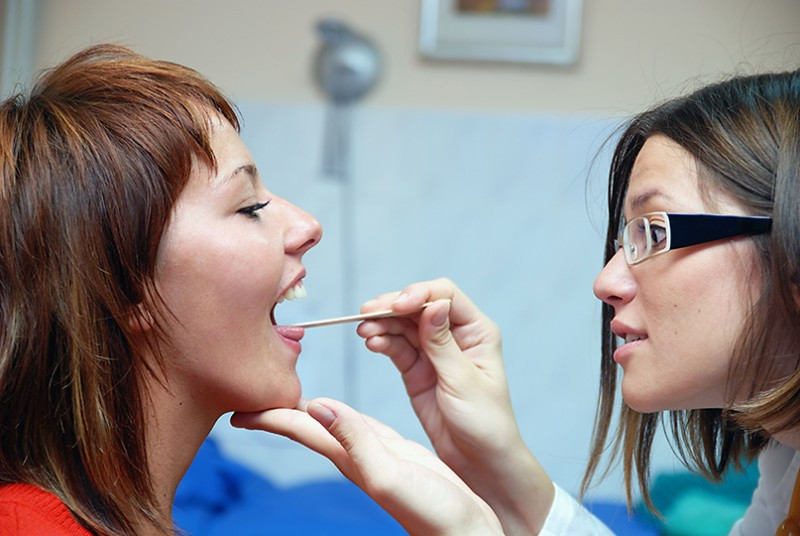We hear a lot about lymph nodes these days, and often the context in which they are mentioned means bad news. How many times have we heard the dreaded phrase "The cancer has spread to the lymph nodes"? That's usually another way of saying that the afflicted person doesn't have long to live, or at the very least is facing another brutal regimen, maybe even a last-ditch effort, of chemotherapy. What exactly are lymph nodes? They are described by webmd.com as small, bean-shaped glands found throughout our body, most typically around the neck, in the armpit areas and in the groin area. There are hundreds of them in our body, says the American Cancer Society. The nodes are part of the lymph system, which transports the clear, watery lymph fluid, nutrients and waste material between the body tissues and bloodstream. This system is a key component of our immune system, which serves as our body's defense system in fighting against disease. In essence, the lymph nodes serve as filters for harmful substances. They get help in doing this by immune cells that can help stave off infection by attacking and destroying germs carried by the lymph fluid. As you probably surmised though, the lymph system doesn't have 100 percent success in performing its function in 100 percent of people. That's when we can end up with swollen lymph nodes, indicating there probably is something wrong somewhere in the body. When our lymph nodes first swell, we might experience tenderness and pain as well as swelling that could range in size from a pea to a kidney bean, or larger. Other signs and symptoms, according to Mayo Clinic, could include:
- Runny nose, sore throat, fever and other signs of an upper-respiratory infection
- General lymph nodes swelling in various parts of the body, which suggest an infection or immune disorder
- Hard, fixed, quickly growing nodes, possibly a sign of a tumor
- Fever
- Night sweats
- A bacterial illness such as strep throat or Lyme disease
- Measles or another viral illness such as rubella or mumps
- Ear infection
- Abscessed tooth
- Mononucleosis
- Skin or wound infection, such as cellulitis
- Human immunodeficiency virus (HIV) – the virus that causes AIDS
- Tuberculosis
- Some sexually transmitted diseases (STDs), such as syphilis
- Lupus
- Rheumatoid arthritis
- Lymphoma
- Leukemia
- Certain medications such as those for seizures or malaria
- Other cancers that have spread (metastasized) to lymph nodes

